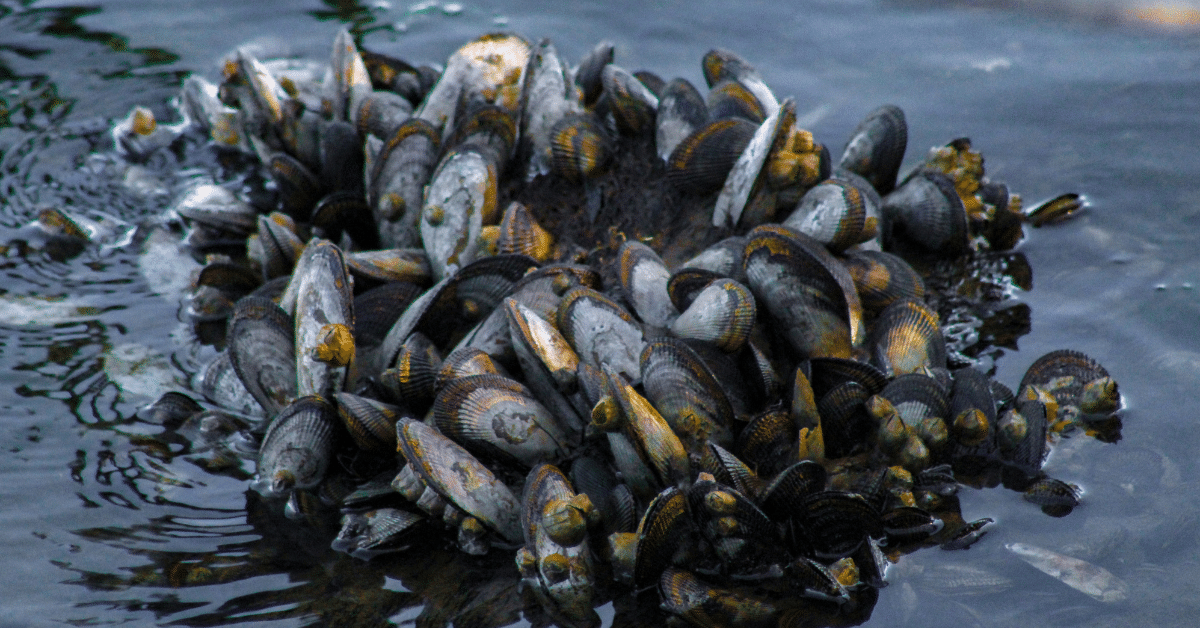
The Presence of Mussels Showcase a Healthy Ecosystem
Mussels are an intriguing and valuable part of Virginia’s aquatic ecosystem. Found in both freshwater and marine environments, these bivalve mollusks play a crucial role in maintaining water quality and supporting biodiversity.
Hear from Alissa Ganser, an expert on freshwater mussels and learn about the fascinating life cycles of these valuable species, who can live 100 years or more and use mimicry to fool fish into helping these largely sedentary animals spread their offspring throughout streams.
Though little known to most people mussels have an outsized value to aquatic environments and the southeastern US has one of the richest and most diverse assemblages of these species in the world. However, more than 70% of North American species are at risk or already extinct.
Virginia is home to a diverse array of freshwater mussel species. These mussels inhabit rivers, streams, and lakes across the state. Some of the notable species include the Eastern Elliptio, the Eastern Lampmussel, and the Eastern Pearlshell. Freshwater mussels are filter feeders, meaning they filter out plankton, bacteria, and other particles from the water, which helps to improve water clarity and quality.
Many freshwater mussel species in Virginia are endangered or threatened due to habitat loss, pollution, and invasive species. Conservation efforts are critical to protect these species and include habitat restoration, pollution control, and breeding programs.
In the coastal waters of Virginia, marine mussels such as the Blue Mussel can be found. These mussels typically attach themselves to rocks, docks, and other hard surfaces in intertidal and subtidal zones. Like their freshwater counterparts, marine mussels are also filter feeders and contribute to the health of their marine environments.
Both freshwater and marine mussels serve as important bioindicators, meaning their presence and health can provide valuable information about the state of the environment. Healthy mussel populations often indicate clean, well-balanced ecosystems, while declining populations can signal environmental problems.
Mussels, whether freshwater or marine, are vital to Virginia’s natural landscape. They contribute to water quality and support other wildlife. Protecting these valuable species through conservation efforts is essential to maintaining the health and biodiversity of Virginia’s aquatic ecosystems.